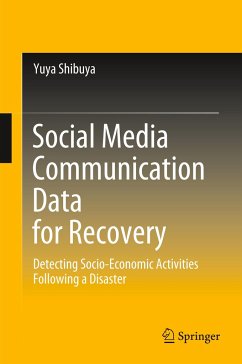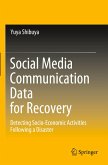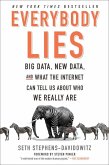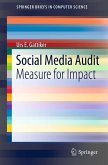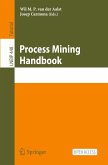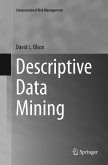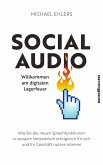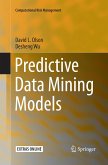This book explores the possibility of using social media data for detecting socio-economic recovery activities. In the last decade, there have been intensive research activities focusing on social media during and after disasters. This approach, which views people's communication on social media as a sensor for real-time situations, has been widely adopted as the "people as sensor" approach. Furthermore, to improve recovery efforts after large-scale disasters, detecting communities' real-time recovery situations is essential, since conventional socio-economic recovery indicators, such as governmental statistics, are not published in real time. Thanks to its timeliness, using social media data can fill the gap. Motivated by this possibility, this book especially focuses on the relationships between people's communication on Twitter and Facebook pages, and socio-economic recovery activities as reflected in the used-carmarket data and the housing market data in the case of twomajor disasters: the Great East Japan Earthquake and Tsunami of 2011 and Hurricane Sandy in 2012. The book pursues an interdisciplinary approach, combining e.g. disaster recovery studies, crisis informatics, and economics. In terms of its contributions, firstly, the book sheds light on the "people as sensors" approach for detecting socio-economic recovery activities, which has not been thoroughly studied to date but has the potential to improve situation awareness during the recovery phase. Secondly, the book proposes new socio-economic recovery indicators: used-car market data and housing market data. Thirdly, in the context of using social media during the recovery phase, the results demonstrate the importance of distinguishing between social media data posted both by people who are at or near disaster-stricken areas and by those who are farther away.
Bitte wählen Sie Ihr Anliegen aus.
Rechnungen
Retourenschein anfordern
Bestellstatus
Storno

